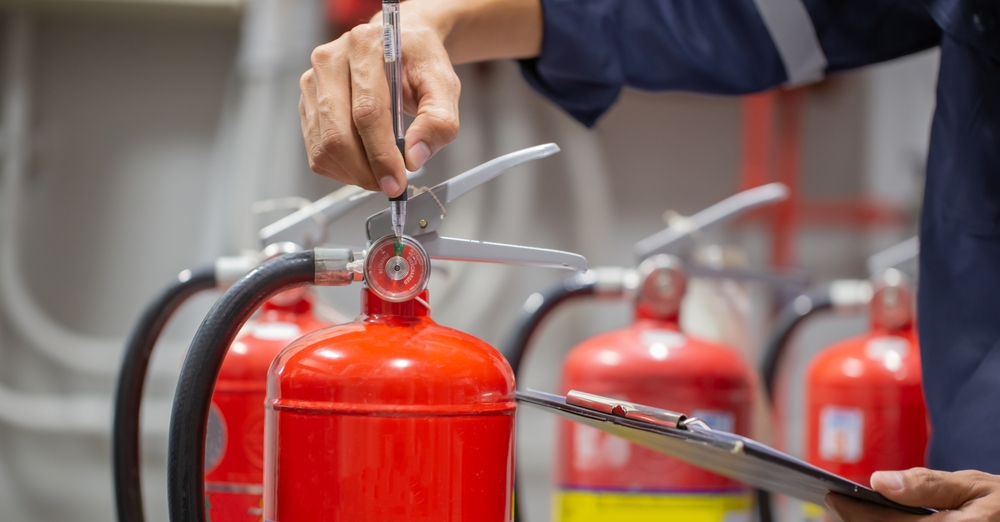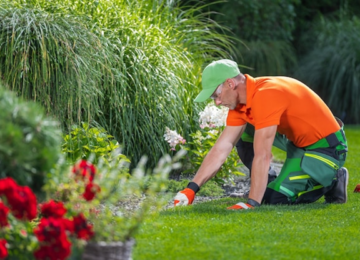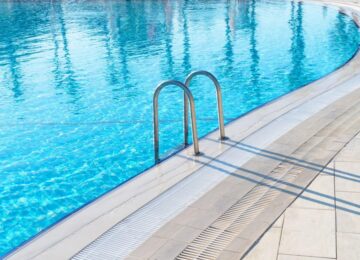Dealing with water or fire damage is overwhelming, especially when it comes to salvaging personal belongings. The aftermath often leaves homeowners in Arlington wondering how much can be saved and what must be discarded. Whether caused by flooding or a house fire, taking the right steps can make a significant difference in preserving your most valued possessions. For those searching for help, a water and fire damage restoration company can provide essential expertise and resources. Here’s a guide to help you protect and restore your belongings after a disaster.
1. Prioritize Safety Before Salvaging Items
Safety should always come first when entering a water- or fire-damaged property. Structural damage, soot, smoke, and standing water can all pose risks to your health and safety. Before attempting to recover belongings, ensure the property has been inspected and deemed safe by professionals. If the damage involves hazardous materials, wait for proper cleanup to begin.
Pro Tip: Wear protective gear like gloves, masks, and sturdy boots to minimize exposure to contaminants while salvaging belongings.
2. Act Quickly to Prevent Further Damage
The faster you act, the better your chances of saving your belongings. Water damage can lead to mold growth within 24-48 hours, while soot and smoke residues can permanently stain or corrode materials if left untreated. Begin by identifying items that need immediate attention, such as electronics, documents, or sentimental valuables.
Fact: Fire-damaged items exposed to soot should be cleaned within hours, as the acidic residue can cause irreversible damage.
3. Separate Belongings by Type and Condition
Sorting your items into categories will make the restoration process more efficient. Divide belongings into salvageable and non-salvageable groups, considering factors like the material, extent of damage, and sentimental or monetary value. Items made of glass, metal, or non-porous materials are often easier to clean, while porous items like fabrics or paper may require specialized restoration.
Actionable Tip: Label boxes for items that need professional cleaning to streamline the process when working with a restoration company.
4. Clean and Dry Water-Damaged Items Immediately
For water-damaged belongings, focus on drying them as quickly as possible. Use fans, dehumidifiers, or air-drying techniques to remove moisture. Hard surfaces like furniture or appliances can often be wiped down with disinfectants. Delicate items, such as photographs, should be air-dried carefully to prevent warping or fading.
Quick Tip: Place water-damaged books or documents between layers of absorbent paper towels and press them gently under a heavy object to reduce distortion as they dry.
5. Address Smoke and Soot Residue Carefully
Fire damage often leaves belongings coated in smoke and soot. These residues require special cleaning techniques to prevent further damage. Avoid using water or DIY cleaning solutions, as these can smear soot or set stains. Instead, consult a professional restoration service for items like electronics, artwork, and textiles.
Did You Know? Smoke particles can settle into tiny crevices, making it difficult to remove odors and stains without specialized equipment.
6. Call a Professional Restoration Company for Help
While some belongings can be salvaged with basic cleaning techniques, others require the expertise of a restoration professional. Specialists can assess the damage, use advanced cleaning methods, and provide storage solutions for items during the restoration process.
Arlington Insight: Restoration companies often use ozone treatments, ultrasonic cleaning, and HEPA vacuuming to restore smoke- and water-damaged items effectively.
Additional Tips for Saving Belongings
- Photograph Everything: Take photos of damaged belongings for records and future reference.
- Prioritize Sentimental Items: Focus on saving irreplaceable items like heirlooms, photographs, and personal mementos.
- Discard Unsalvageable Items Safely: Some damaged items, like those exposed to mold or chemicals, may need to be disposed of according to local regulations.
Final Thoughts
Recovering belongings after water or fire damage can feel like an uphill battle, but with the right approach, much can be saved. By acting quickly, using appropriate cleaning techniques, and enlisting the help of professionals, Arlington homeowners can restore their possessions and rebuild with confidence.











